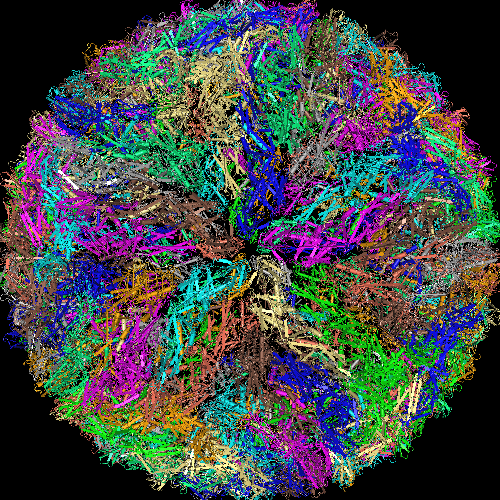The recent resurgence of dengue virus serotype 3 in Brazil – which has not caused an epidemic in the country for more than 15 years – has raised the alarm about the risk of a new disease epidemic caused by this viral serotype.
A study coordinated by Fiocruz Amazônia and by the Oswaldo Cruz Institute presents the genetic characterization of the virus related to 4 cases of infection registered this year in Roraima, in the North Region, and Paraná, in the South of the country.
The circulation of a serotype that has been absent for so long worries the specialists.

“In this study, we did the genetic characterization of the cases of infection by serotype three dengue virus.”
“It is an indication that we may again have, perhaps not now, but in the coming months or years, epidemics caused by this serotype,” said virologist Felipe Naveca, head of the Center for Surveillance of Emerging, Reemerging and Neglected Viruses at Fiocruz Amazônia and researcher at the Arbovirus and Hemorrhagic Viruses Laboratory of the IOC/Fiocruz, which acts as a regional reference for dengue, yellow fever, chikungunya, zika, and West Nile virus.
The analysis results were released in a preprint article on the medRxiv platform to quickly share the information without the peer review process.
The work has been submitted for publication in a scientific journal.
The research had the partnership of Lacens (Central Public Health Laboratories) of Roraima and Paraná and the participation of experts from various research institutions.
According to Naveca, the analyses indicate that the detected strain was introduced to the Americas from Asia from 2018 to 2020, probably in the Caribbean.
“The strain we detected of serotype 3 is not the same strain that has already circulated in the Americas and caused epidemics in Brazil in the early 2000s.”
“Our results showed a new introduction of genotype III of serotype 3 dengue virus in the Americas, coming from Asia.”
“This strain is circulating in Central America and has recently infected people in the United States. Now we have identified that it has reached Brazil,” Naveca said.
Of the 4 cases analyzed, three are related to autochthonous cases in Roraima; they correspond to patients who got infected in the state and had no travel history.
The case in Paraná was imported, diagnosed in a person returning from Suriname.
The cases were initially identified by the Lacens of Roraima and Paraná, respectively.
“As it is serotype 3, it was important for us to do this analysis together with the Laccens and several other research institutions that sign off on this result, including the Evandro Chagas Institute in Pará, a national reference for arboviruses, the [CDC] Centers for Disease Control and Prevention in the United States – Puerto Rico unit, and the health department of the state of Florida.”
“The CDC Puerto Rico and the Florida health department teams identified the cases coming from Cuba and the US.”
“So this is a valid alert for Brazil and the Americas region.”
“Considering that we are experiencing many cases of arbovirosis this year in Brazil, detecting a new dengue virus serotype is not good news,” he warned.
The dengue virus has four serotypes.
Infection with one of them generates immunity against the same serotype, but it is possible to contract dengue again if there is contact with a different serotype.
The risk of an epidemic with the return of serotype 3 occurs because of the low immunity of the population since few people have contracted this virus since the last outbreaks recorded in the early 2000s.
There is also the danger of severe dengue, which occurs more frequently in people who have already had the disease and are infected again by another serotype.
The research was supported by:
- Fapeam (Amazonas State Foundation for Research Support);
- Amazon Health Surveillance Genomic Network;
- Fiocruz Genomic Network; Innovation Amazon (Inova Fiocruz/Fundação Oswaldo Cruz);
- Decit (Department of Science and Technology) of the Ministry of Health;
- CNPq (National Council for Scientific and Technological Development):
- and Faperj (Foundation for Research Support of the State of Rio de Janeiro).
With information from Poder360
News Brazil, English news Brazil, Fiocruz, Dengue Fever

